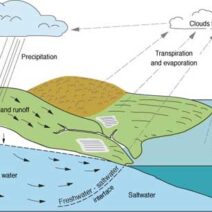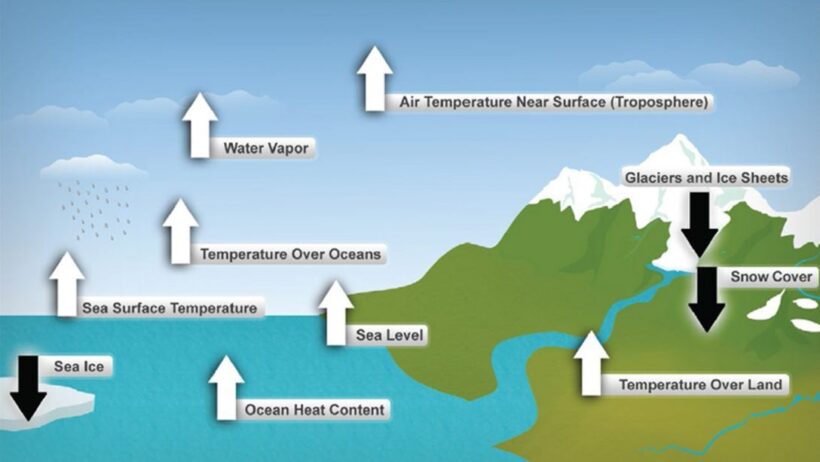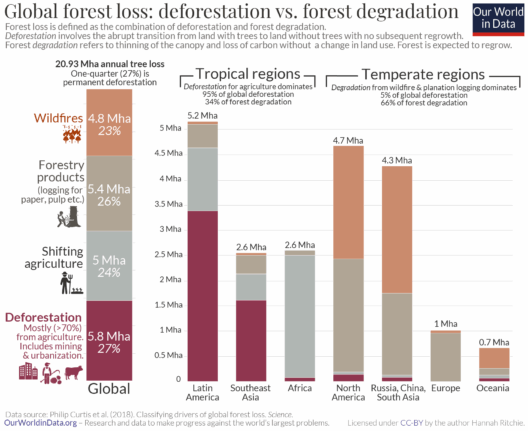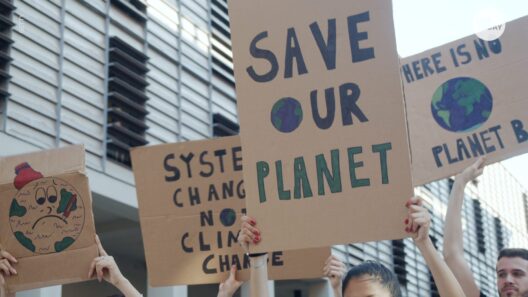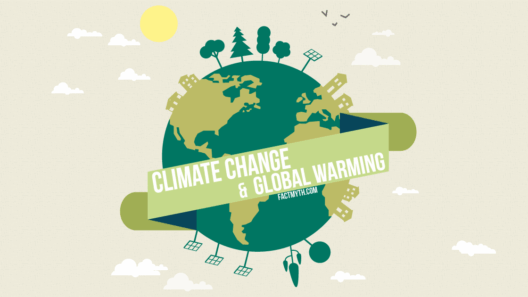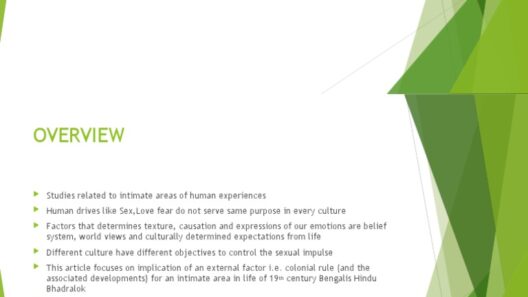Climate change is frequently reduced to a series of weather warnings, a mere backdrop to our daily conversations about temperature fluctuations, erratic precipitation patterns, or unprecedented storms. Yet, this reductionist view belies the profound implications that climate change has on our lives, ecosystems, and the very fabric of society. The urgency to address climate change is far more than a fleeting concern about how hot it will get next summer or when the next hurricane might strike. It encompasses deeply intertwined ecological, social, economic, and ethical dimensions that resonate through our collective existence.
Firstly, it is essential to recognize that climate change represents a fundamental alteration of the Earth’s climatic systems. This phenomenon, propelled primarily by anthropogenic emissions of greenhouse gases, has resulted in observable shifts that alter weather patterns and disrupt natural processes. What many fail to appreciate is that these changes extend beyond the realm of environmental impact. They affect human health, food security, water supply, and economic stability. As temperatures rise, we witness the proliferation of diseases that thrive in warmer climates. Increased humidity facilitates the spread of vector-borne diseases such as malaria and dengue fever, creating public health crises that strain medical infrastructure and resources.
Water scarcity, an inevitable byproduct of climate change, poses existential questions about equity and justice. As glaciers recede and rainfall becomes increasingly erratic, communities across the globe will face intensified competition for dwindling freshwater supplies. In regions already plagued by inequality, such competition could lead to resource conflicts and exacerbate socio-economic disparities. Urban areas, particularly those in developing countries, may find themselves ill-equipped to handle the influx of climate refugees—individuals displaced due to environmental degradation. These emerging crises will not only strain local economies but also challenge social cohesion as populations grapple with scarcity under duress.
Economic implications of climate change cannot be overstated. The cost of inaction is staggering; it is estimated that global GDP could decline significantly if concerted efforts to mitigate climate change are not undertaken. Agriculture, a sector intrinsically linked to weather patterns, faces unprecedented disruptions. Crop yields diminish as droughts, floods, and heatwaves become the new normal. A more nuanced understanding reveals that agricultural instability not only threatens food security but can also trigger a domino effect on global markets, causing commodity prices to soar and further affecting vulnerable populations.
Moreover, the existential ethical dilemmas arising from climate change merit serious consideration. Discussions often center around the responsibility we owe to future generations versus the necessity of prioritizing present economic growth. The moral imperative to act is underscored by the fact that those who contribute least to climate change—often the poorest communities globally—are paradoxically the ones who suffer most from its consequences. This raises profound questions about justice and responsibility. How do we reconcile the benefits enjoyed by developed nations at the expense of less affluent ones? The disparities manifest in climate impacts demand a conscientious approach to policy formulation that recognizes past injustices while crafting equitable solutions.
Furthermore, the social aspect of climate change encapsulates shifts in community dynamics and identity. Cultures rooted in traditional ways of living may be irrevocably altered as their environments undergo transformation. Indigenous communities often possess invaluable ecological knowledge, yet they are disproportionately impacted by climate change. Loss of habitat and traditional lands not only endangers biodiversity but jeopardizes the cultural heritage and practices of these communities. The result is not only a loss of biological diversity but also a diminishment of cultural diversity, as unique ways of life erode in the face of encroaching environmental shifts.
Addressing climate change requires more than awareness; it necessitates action on multiple fronts. Global cooperation is paramount. Climate change knows no borders; it is a collective challenge that demands innovative solutions, integrating diverse perspectives and knowledge systems. International agreements, while crucial, need to be adhered to with unwavering commitment and accountability. Moreover, communities must advocate for policies that prioritize sustainability, seek renewable energy sources, and promote green technologies. Education plays a pivotal role in cultivating a new generation equipped to face these challenges with ingenuity and resilience.
In conclusion, climate change is indeed a complex tapestry woven from various threads of environmental, social, and economic realities that extend far beyond mere weather warnings. It demands an intricate understanding and a robust response that encompasses ethical considerations and collaborative action. Its significance lies not only in the immediate threats it poses but also in the broader philosophical questions it raises about our existence and stewardship of the Earth. Recognizing and addressing climate change is not merely about preserving the planet for ourselves; it is an ethical obligation to future generations and all life forms that share this delicate ecosystem. It is imperative that the dialogue shifts from passive acknowledgment to proactive advocacy, fostering a collective commitment to a sustainable and just future.
